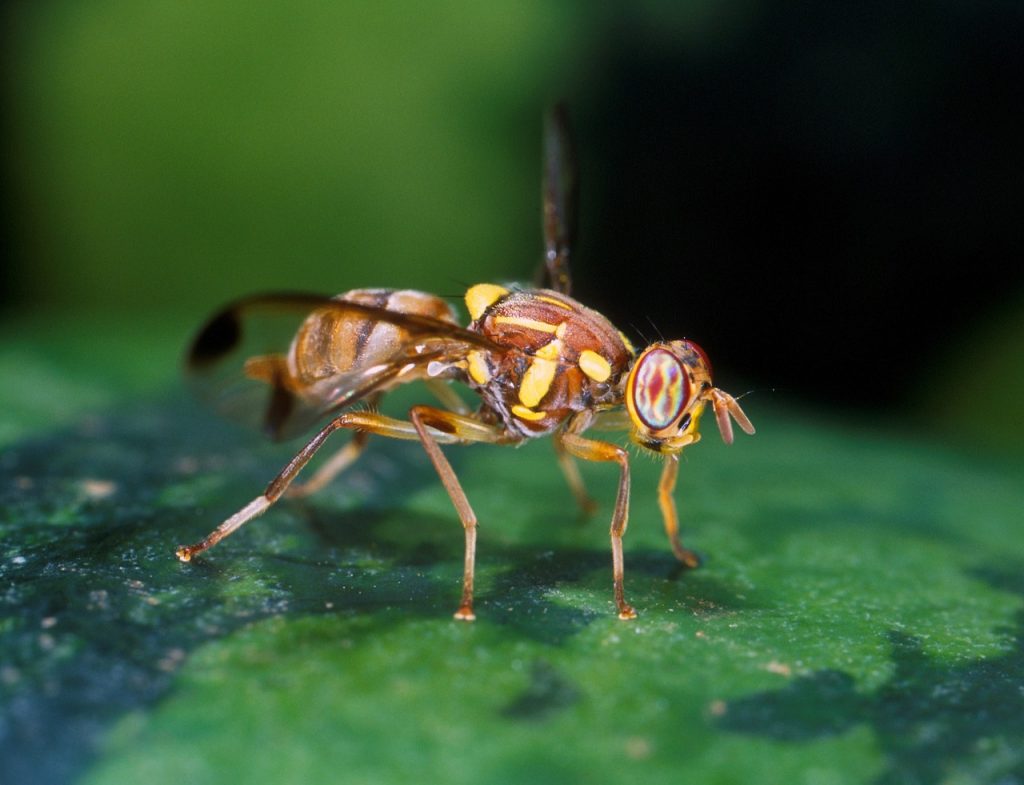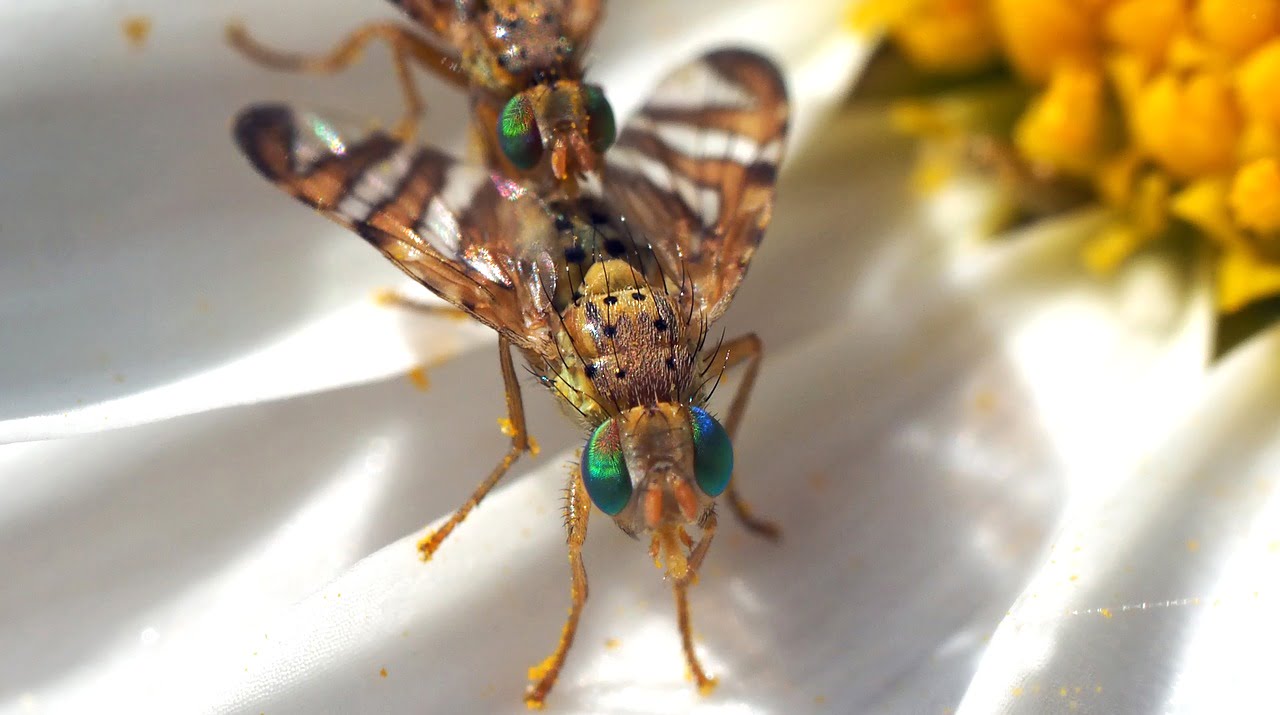It’s hard enough to get your kids to eat their vegetables, try convincing them to eat insects. Although it may sound a bit nauseating, fruit fly larvae is about to be consumed by humans.
With the global food shortage on the mind of Israeli startup Flying Spark – whose motto is to “fill 9 billion bowls by 2040” – the company is developing protein powder made of fruit fly larvae, claimed to be more sustainable, nutritious, and eco-friendly.
As the world’s population grows far beyond the 7 billion mark, food is becoming scarce in several parts of the world: 795 million people around the globe do not have enough food to lead a healthy life, according to the World Food Programme. And that’s why Flying Spark is developing new sources of protein for human consumption.
SEE ALSO: These Israeli Companies Fight World Hunger With Innovative Technologies
Founded in 2014 by serial entrepreneur Eran Gronich and insect specialist Dr. Yoram Yerushalmi, the company has so far raised 1$ million, and is on track to mass producing its insect-based powder in about a year.
Gronich decided to produce protein from insects after attending a TED talk, which focused on the upcoming food crisis and the challenges of feeding nine billion people by 2040. The speaker suggested that the world needs to invest in insect consumption, and Gronich was fascinated. “The population of the world is growing, oceans are being over-fished and the prices of meat and chicken are soaring,” he tells NoCamels. “Still, the demand for protein is rising.”
SEE ALSO: Essential Protein May Be Key In Slowing Down Biological Clock
There are many advantages to making the switch from meat to insect protein: The fruit fly larvae are rich in calcium, magnesium, iron, and protein. In addition, the company doesn’t use hormones or antibiotics, as opposed to many cattle ranches. The benefits to the environment are that these insects don’t consume as much food, water and land as cows, thus minimizing greenhouse gas pollution.
Overcoming the yuck factor
The process of creating the powder is relatively simple, and is done by a machine with two units – one to farm the larvae and the other to process the larvae into powder. “We take the larvae through a process that includes boiling, grounding and separating the fat and the protein, and then we dry the protein and turn it into powder,” Gronich explains.
Sign up for our free weekly newsletter
SubscribeNaturally, the company is facing a huge challenge trying to educate people to consume larvae. There’s a huge psychological barrier “because it is not natural for people to eat insects,” he says. However, “our idea is to take the insect and change its form into powder, put the powder in another food that people like, and that way, it will be much easier to overcome the yuck factor.”
The company plans to sell its protein powder directly to manufacturers in order for them to incorporate it in their products, ranging from breads and cereals to tofu. In cereals, for example, the powder can replace up to 40 percent of the flour, and enrich it with potassium, magnesium, and calcium.
Hamburger or larvae-burger?
The most shocking product the startup is about to offer is a burger made out of pure fruit fly larvae, achieved by grinding the larvae. “It’s 100 percent meat without killing any cow and without polluting the environment,” Gronich says. “We can control the taste by adding flavor.”
Flying Spark is competing against other companies racing to develop the protein of the future, including Israeli startup Steak TzarTzar, which also grows insects such as grasshoppers for human consumption.
Currently, Flying Spark is still in its research and development phase and plans to go to market sometime in the next eight months. In the future, the company will not only sell the powder to food manufacturers and athletes, but will also produce its own line of powder-enriched food products.
Looking further into the future, Gronich sees an opportunity to work with the United Nations, the World Health Organization, and other NGOs in order to help “areas in the world that are suffering from hunger and provide them with high-quality protein.”
Photos: Courtesy
Related posts

Resilient And Nutritious New Plant-Based Milk Aims To Make A Splash

Chocolate From Cultivated Cocoa Comes Without Environmental Toll

Plastic Fantastic: Startup Takes PVC Back To Its Crude Oil Roots







Facebook comments